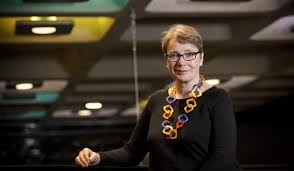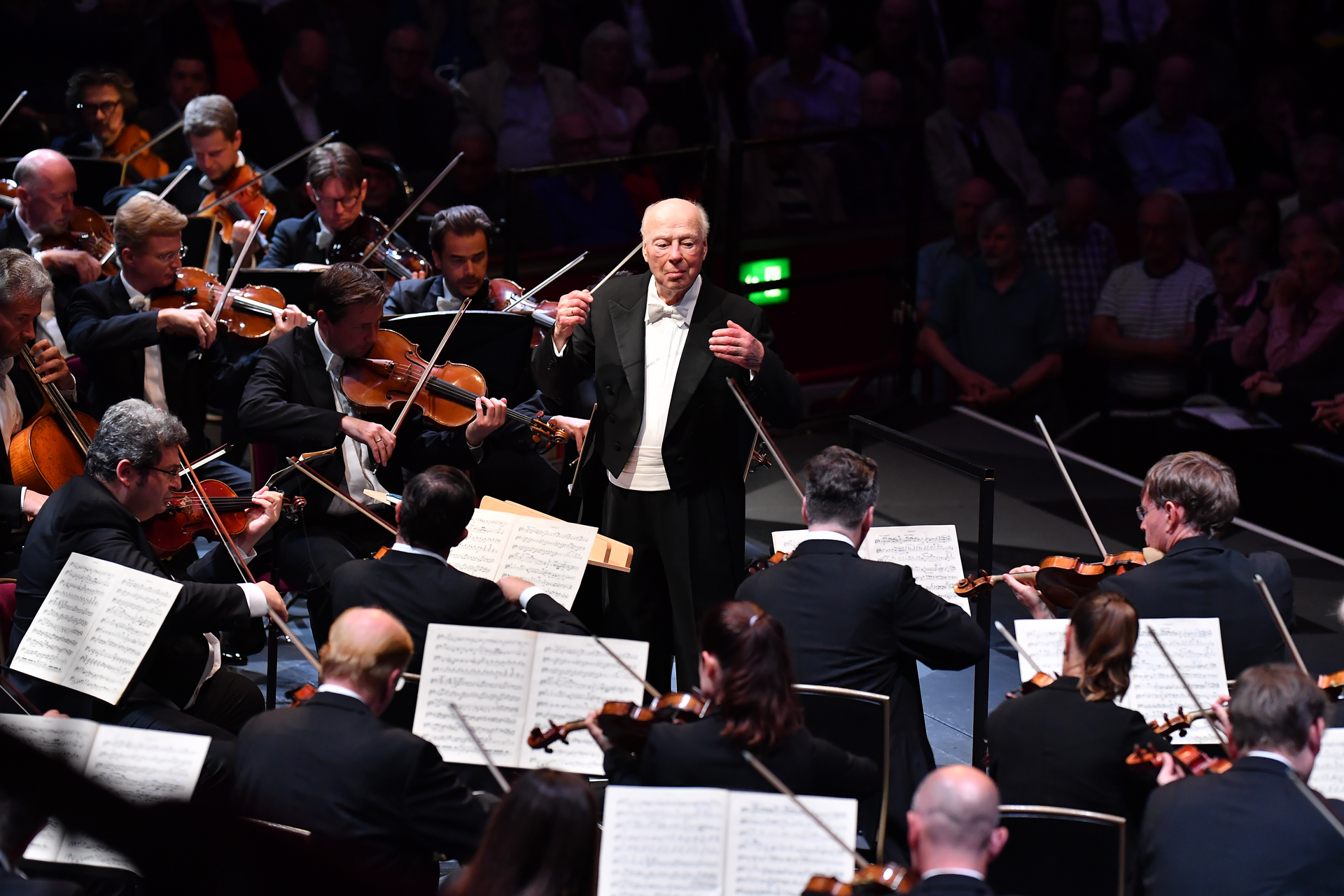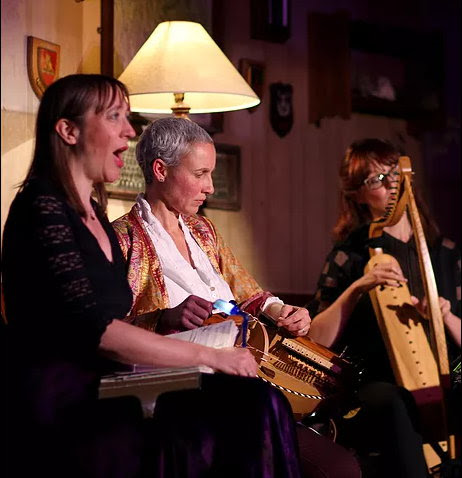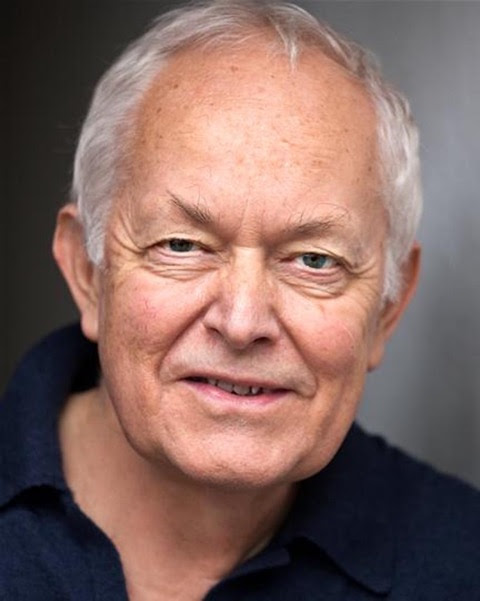From Beethoven to Scottish Folk Music, Brighton Dome’s Coffee Concerts feature a diverse programme played by talent from across the country at Attenborough Centre for the Creative Arts.
The monthly events bring ensembles of award-winning musicians to University of Sussex’s Falmer arts hub with relaxed Sunday morning concerts. The programme, in association with Strings Attached, includes artists new to the series as well as familiar faces, such as Brighton Dome Associate Artists the Heath Quartet.
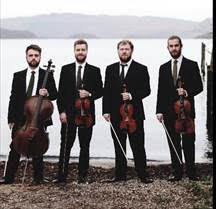
Through the CAVATINA Chamber Music Trust, there are a limited number of advance free tickets to young people aged 8-25. Brighton Dome is delighted to work with the scheme with the aim to develop the next generation of music lovers. Savings can also be made by buying full or half season tickets, offering the opportunity to enjoy the whole series at the best value.
Mithras Trio came together in 2017 while studying at the Guildhall School of Music and Drama. In the last two years they have won the 67th Royal Over-Seas League Music Competition and the Cavatina Intercollegiate Chamber Music Competition 2019. The piano trio open the series this Autumn on 20 Oct with Mozart, Fauré, Helen Grime and Beethoven.
In 2013 the Heath Quartet became the first ensemble in 15 years to win the prestigious Royal Philharmonic Society’s Young Artists Award and since then have been earning a reputation as one of the most exciting British chamber groups performing today. The group made its Brighton Festival debut in 2010 and have graced the stage of Brighton Dome on numerous occasions.
The Endymion Horn Trio celebrate the group’s 40th anniversary this year. The ensemble was formed in 1979 and have retained most of its original players including some of the best chamber musicians in Europe such as Mark van de Wiel, Melinda Maxwell and founder of the Chineke! Foundation, Chi-chi Nwanoku MBE.
On 23 Feb, Wigmore Hall regulars the Castalian Quartet take to the stage performing Schumann, Janá?ek and Brahms, with their ‘abundant mega talent in works great and small’ (The Arts Desk, 2018). The string quartet look forward to its return to Wigmore Hall for a Brahms and Schumann cycle this season and in 2020 it will give its Carnegie Hall debut.
The Maxwell String Quartet bring a strong connection to their Scottish folk music heritage on 8 Dec. As well as performing live concerts, the award-winning quartet is often featured in BBC Radio 3 and BBC Radio Scotland broadcasts and can be found regularly giving workshops and playing for schools and children.
The Coffee Concert series ends with a final performance on 22 Mar in a concert with previous BBC New Generation Artists, Aronowitz Ensemble, playing Schubert, Beethoven and Elgar. In 2008, the ensemble made its BBC Proms debut and has since returned for further performances at the Proms.
All Coffee Concerts, 11am
Attenborough Centre for the Creative Arts
University of Sussex
Gardner Centre Road, Brighton, East Sussex
BN1 9RA
£18.50 (£16 concessions) Full season tickets 6 concerts: £99 (£84 concessions) Half-season tickets 3 concerts (Oct–Dec or Jan–Mar): £49.50 (£42 concessions) Ages 8 – 25 FREE
Sun 20 Oct 2019
Mithras Trio
Mozart Piano Trio in C major K 548
Fauré Piano Trio in D minor Op 120
Helen Grime Three Whistler Miniatures
Beethoven Piano Trio in D major Op 70 No 1 ‘The Ghost’
Sun 17 Nov 2019
Endymion Horn Trio
Brahms Horn Trio in E flat major Op 40
Beethoven Violin Sonata No 5 in F major Op 24
Beethoven Horn Sonata in F major Op 17
Sun 8 Dec 2019
Maxwell Quartet
Haydn String Quartet Op 74 No 1
Roukens Visions at Sea
Scottish Folk Music
Schubert String Quartet in D minor ‘Death & the Maiden’
Sun 26 Jan 2020
Heath Quartet
Beethoven String Quartet Op 18 No 3
Brahms String Quartet Op 51 No 2
Beethoven String Quartet Op 59 ‘Razumovsky’ No 3
Sun 23 Feb 2020
Castalian Quartet
Schumann String Quartet in F major Op 41 No 2
Janacek String Quartet No 1 in E minor ‘Kreutzer Sonata’
Brahms String Quartet No 3 in B flat major Op 67
Sun 22 Mar 2020
Aronowitz Ensemble
Tom Poster, piano
Magnus Johnston and Marije Johnston, violins
Tom Hankey, viola
Pierre Doumenge, cello
Schubert String Trio in B flat major D 471
Beethoven Piano Trio in C minor Op 1 No 3
Elgar Piano Quintet in A minor Op 84

